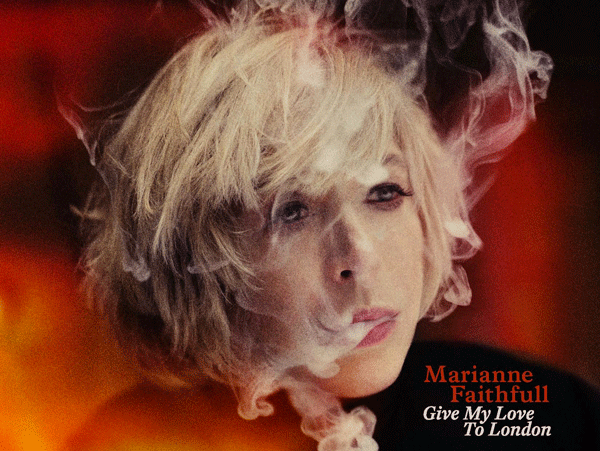Music Review// CFCF – Music For Objects
There is a great tradition
in music composition of taking a grand theme and creating a sonic storyline to
match it. Canadian electronica composer CFCF had done this in a micro scale for Music For
Objects, in which he presents eight compositions named after domestic objects
that may or may not tell a tale.
Opening with the
delicate keystrokes and melodies of Glass it strikes that you really can evoke
the idea of an object through sound alone. With its crystal clear melodies and
bass undertones you walk across a delicate wire, with every sip feeling as
fresh as the last and whatever the contents of the glass are you know that they
will be well worth your time – as this composition is. A good intro then, but
what about the rest?
The next object we
explore is Bowl, and you get deep, swirling tone in the piece that perhaps
shows the true depths of the object, it’s intrinsic value perhaps. Again we get
that sense of wonder, ever changing ideas in one domestic object. This is followed
by the oriental flavoured melodies of Turnstile, an exploratory composition
that evokes that feeling of setting off on a journey with some trepidation but
still determined to make the most of what you find.
But if the Turnstile
brings unknown quantities of wonder then the Camera is more cautious, peering
from a more downbeat composition echoing with the fall of theoretical rain and
grey skies. Perhaps the camera is looking for the perfect picture – perhaps there
is no perfect image in this world. All that we know, Camera is not a bright
composition, instead looking inward at the darkness that images can portray
without ever knowing they do so.
Another allusion to
exploration, this time more out and out electronic orientated, comes in Keys
with its key and brass foreground bubbling with a nervous wanderlust, eyes
observing the big mean streets of a city in wonder or confusion. Perhaps the
quietest moment comes in Perfume, a solitary piano solo opening the track
before bringing in subtle keyboard effects to make a quiet moment of reflection
in the midst of the musical exploration.
Closers Lamp and Ring
take the tone to a more settled one. The melodies are more domestic and warm.
The music (if that is indeed the main ‘character’ here) is introspective but
not imbued with too much darkness. It would be wrong to describe this closing
section as comfortable because it isn’t – there’s still a nervous itch to the
background ideas and you still could be in any place, be it musical or
geographical.
But as the opening piano bars of Ring confirm it’s a journey’s
end that is necessary. This is a cycle of songs that makes you think and
impresses in its ability to make you imagine just what your own journey might
be. Certainly, though,
this would be an excellent companion to that journey.
Reviewed by Sebastian
Gahan.





